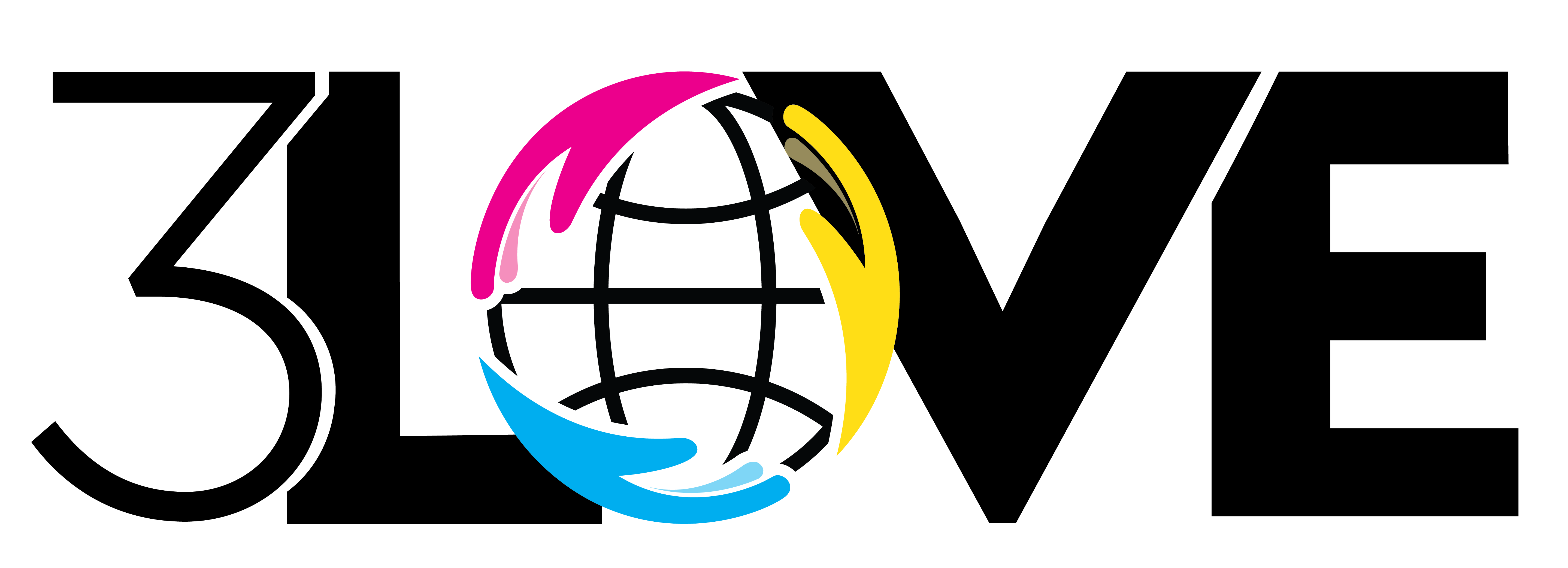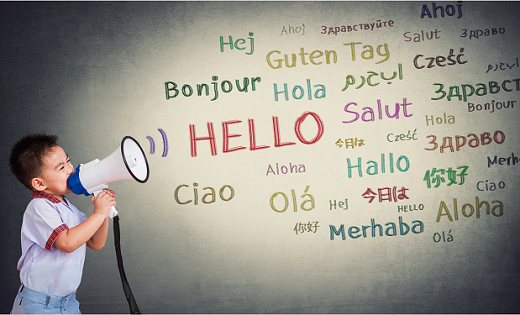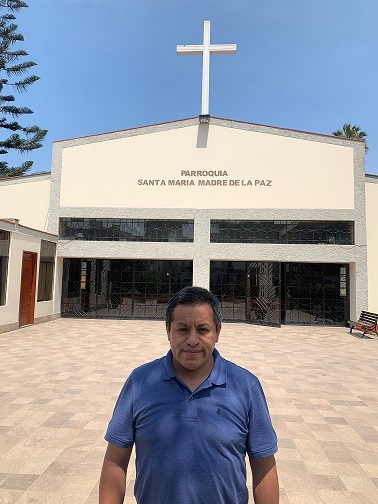“Education is the most powerful weapon with which you can change the world”. – Nelson Mandela, Former President of South Africa and Nobel Peace Prize Laureate
International Literacy Day is commemorated on September 8 as a reminder that literacy is a fundamental human right for all and plays a key role in creating a more just, peaceful and sustainable society.
The importance of literacy
Literacy opens the door to the enjoyment of other human rights, greater freedoms and global citizenship. It is also the basis for acquiring the broader knowledge, skills, values, attitudes and behaviors that foster a lasting culture of peace based on respect for equality and non-discrimination, the rule of law, solidarity, justice, diversity and tolerance, and that build harmonious relationships with oneself, others and the planet.
However, according to UNESCO, by 2022, at least one in seven adults over the age of 15 (754 million) lacked basic literacy skills. In addition, millions of children struggle to acquire minimum proficiency levels in reading, writing and arithmetic, while some 250 million children aged 6 to 18 are out of school.
Promoting multilingual education
In 2024, International Literacy Day has the theme “Promoting Multilingual Education: Literacy for Mutual Understanding and Peace”.
There is a pressing need to harness the transformative potential of literacy to promote mutual understanding, social cohesion and peace. In today’s world, where multilingualism is common practice for many, empowering people by adopting a mother tongue-based multilingual approach to literacy development and education is particularly effective because of its cognitive, pedagogical and socio-economic benefits. Such an approach can help promote mutual understanding and respect, while solidifying community identities and collective histories.
This commemoration is therefore an ideal occasion to address issues related to literacy in multilingual contexts for lasting peace and to explore possible solutions for improving policies, lifelong learning systems, governance, programs and best practices globally.
2024 UNESCO International Literacy Prizes
This year UNESCO awarded the International Literacy Prizes to six international initiatives:
- “voXmi Educational Network” Programme by University College of Teacher Education Vienna (Austria). Since 2008, this initiative has linked more than 60 schools to promote multilingual education. It combats exclusion and discrimination by integrating multiple languages in the classroom and helps teachers adapt to multilingual environments.
- “Libraries Without Walls” Programme by the Foundation for Educational Equity and Development (Ghana). This initiative focuses on improving literacy among disadvantaged children and youth. Since 2017, it has reached more than 3 000 children each year, mostly girls and women, through mobile libraries that enable books to reach children and communities in remote areas.
- “ProEd LECTO LABS” programme by Fundación ProEd (Panama). Established in 2007, this program provided training and professional development to more than 700 teachers in marginalized communities, focusing on modern literacy methods and benefiting some 35,000 students. The programme provides teachers with 80 hours of training and support to enable them to create school book clubs.
- The “Illiteracy Eradication Project” by Mansoura University (Egypt). Since 2019, this project has trained university students to teach literacy courses in rural regions, with the aim of improving the quality of lives and addressing gender disparities. More than 130 000 students have graduated through the project, increasing the literacy exam pass rate from 69% to 95%.
- The “Sokola literacy education for indigenous Indonesians” programme by the Sokola Institute (Indonesia). It equips indigenous communities with literacy and advocacy skills. The programme combines the teaching of the first language with national languages and ethnographic methods to preserve cultures and expand learning skills. Since its inception, it has trained 1,000 students, with 200 participants, 40% of whom are girls and women.
- “FastTrack” programme by the Aid for Rural Education Access Initiative (Nigeria). Since 2014, this initiative has been supporting under-resourced schools and marginalized communities, focusing on refugee and displaced children. The programme uses bilingual teaching and offline technology, thus benefiting more than 19,000 children, mostly girls, since 2021.


